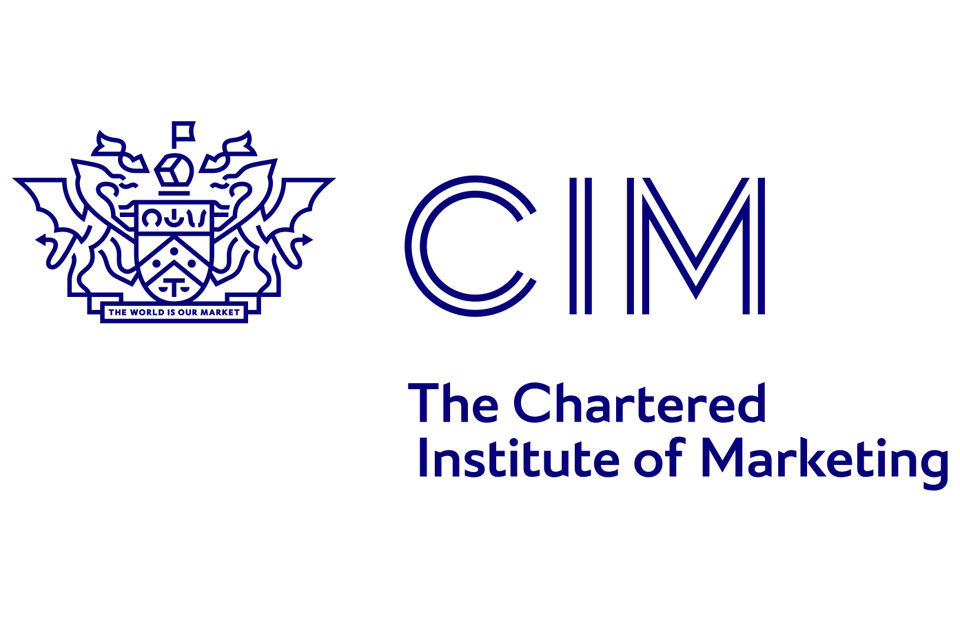Almost 50% of Gen Z considering marketing career
Almost 50 percent of Gen Zs (16-24-year-olds) say they are considering careers in the marketing industry, according to new research from the Chartered Institute of Marketing (CIM).
Over a fifth of the young people surveyed also perceive marketing as a safe career choice, signalling a surge of fresh talent is to hit the industry.
The survey of 1,000 16-24-year-olds undertaken by CIM revealed 46% we interested in marketing careers and that as a result there has been a rise in the number of students starting marketing courses.
The University of Liverpool Management School reported that demand for its BA Marketing course has been exceptionally high for the year 2021-2022. The establishment attributes this to a variety of factors including a shift in how marketingis perceived as a discipline by business leaders, which they say correlates with the rise in marketing roles being offered.
The qualitative survey also showed that many of the CIM-accredited study centres enrolled saw an increased number of self-funded marketing students while furlough schemes were in operation.
Maggie Jones, director of qualifications and partnerships at CIM said: “We’ve seen two things happening during the pandemic. The first is that young people have recognised the resilient and adaptive nature of marketing and want to pursue a career in this field.
“The second is that many marketing professionals have invested in their own development and have self-funded additional learning and qualifications while being furloughed. It’s clear that people want to thrive in marketing.”
While incumbent industry professionals may have been funding their own development, the research showed that over 70% of Gen Z newcomers to the industry expect their training to be funded by employers.
Jones added: “Students and young professionals are coming into the industry after a unique couple of years. To ensure they don’t fall behind through a lack of practical experience, Gen Z expects employers to invest in training opportunities to compensate for the loss of skills during the pandemic. This highlights the need for employers to reassess their training programmes.”
Out of the CIM accredited universities and Study Centres surveyed, they all reported that students value CIM accreditation and understand that it better prepares them for the world of work.
In response to an open question in the study, Dr Elvira Ismagilova, BSc (Hons) Marketing programme lead from The University of Bradford stated that students chose their Marketing and Management MSc as the CIM accreditation ‘reflected the high quality of the programme and post graduate employability along with access to resources and networking opportunities’.
CIM offers a range of professionally recognised marketing and digital marketingqualifications designed to develop the core skills needed to succeed within the marketing industry. Many of these courses are available through over 100 Accredited Study Centres (ASCs) across the UK and internationally.
In addition to qualifications, CIM works with UK and international universities to offer practical work experience for Gen Zs through real-life business project challenges, by delivering The Pitch competition. The competition, aimed at undergraduate students in their second or third year of university allows them to pitch their ideas to a panel of industry leaders in the marketing industry by responding to real life marketing challenge. CIM believes that not only having the right marketing skills, behaviours and technical abilities is key, but students need to gain transferable business capabilities to enhance their employability.
To find out more about CIM marketing qualifications, click here: https://www.cim.co.uk/qualifications/






